US announces new military assistance for Ukraine ahead of NATO summit
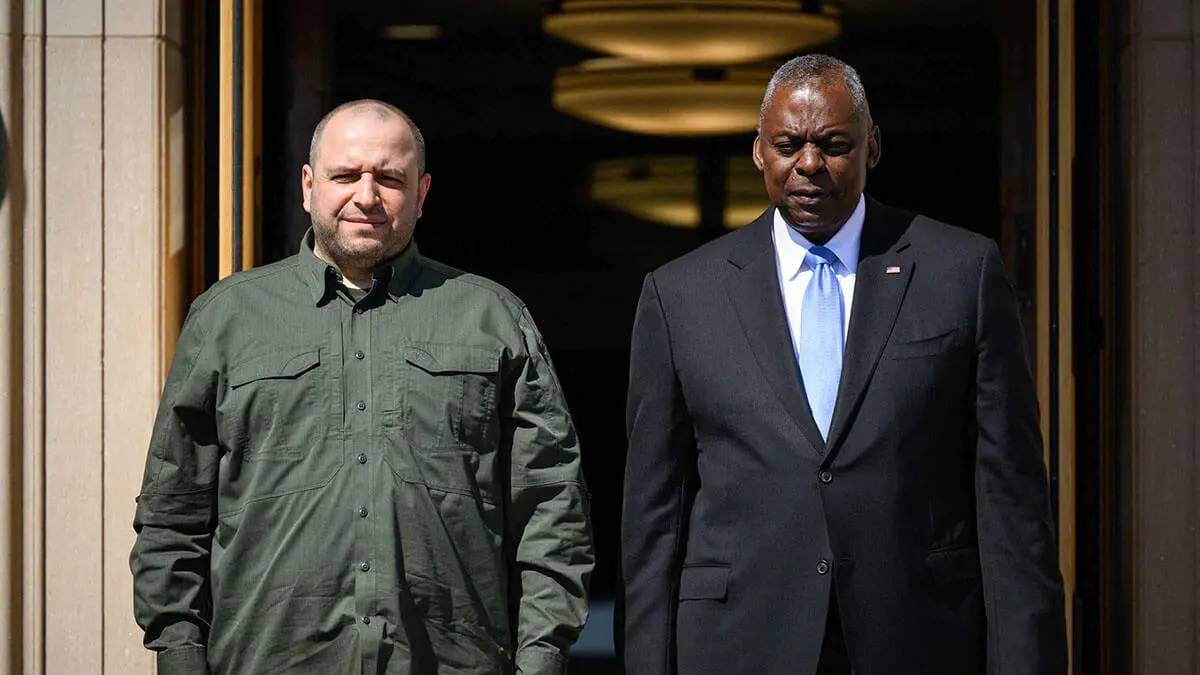
Washington maintains its position as a staunch and key ally of Kiev as Russia intensifies its airstrikes against Ukrainian territory. In the last week alone, it is estimated that Russian troops have dropped more than 800 guided bombs, leaving many dead and wounded, prompting Ukrainian President Volodymyr Zelensky to insist that his country needs the means to destroy the bomb carriers, including Russian fighter jets.
This week alone, Russia has used more than 800 guided aerial bombs against Ukraine. Against our cities and communities, against our people, against everything that makes life normal.
— Volodymyr Zelenskyy / Володимир Зеленський (@ZelenskyyUa) June 30, 2024
Ukraine needs the necessary means to destroy the carriers of these bombs, including Russian… pic.twitter.com/c4pYjSUJZ7
In the midst of this new offensive, and taking advantage of a recent visit to Washington by Ukrainian Defence Minister Rustem Umerov, Defence Secretary Lloyd Austin announced an additional 2.3 billion dollars in security assistance for Ukraine.
Ukraine's troops continue to fend off Russia’s attacks with grit and courage. Today, I welcomed Minister Umerov to the Pentagon where I underscored the United States' unwavering commitment to Ukraine's self-defense. pic.twitter.com/KHTgQ5Irn6
— Secretary of Defense Lloyd J. Austin III (@SecDef) July 2, 2024
This military aid package, which includes anti-tank weapons, interceptors and ammunition for Patriot and other air defence systems, is intended to protect Ukrainian cities and civilians from Russian airstrikes, as well as support Ukraine's needs on the front lines.
As AP notes, 150 million dollars of that total will come from the Presidential Arms Reduction Authority (PDA), while the rest will be provided by the Ukrainian Security Assistance Initiative (USAI). The PDA allows the Pentagon to draw weapons from its stockpile and ship them quickly to Ukraine. In contrast, the USAI exports the weapons under longer-term contracts.
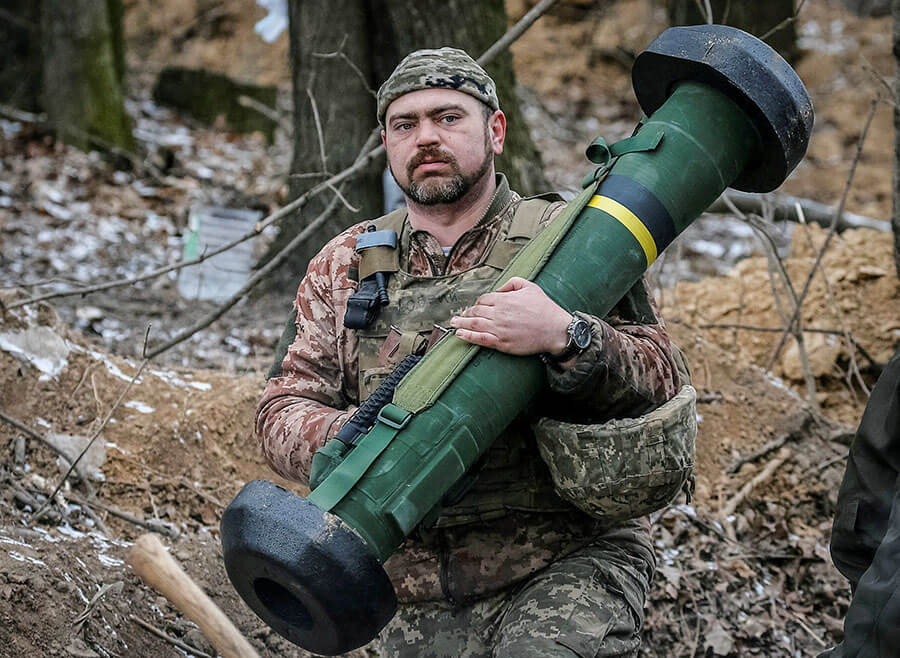
With this latest 2.3 billion dollars, the US has already sent more than 53.5 billion dollars in security assistance to Ukraine since the beginning of the Russian invasion in February 2022.
In announcing this additional aid, Austin was keen to stress that Ukraine "does not stand alone" and that the US "will never waver in its support". "Together with some 50 allies, we will continue to provide critical capabilities that Ukraine needs to confront Russian aggression today and deter it tomorrow," he said during his meeting with Umerov.
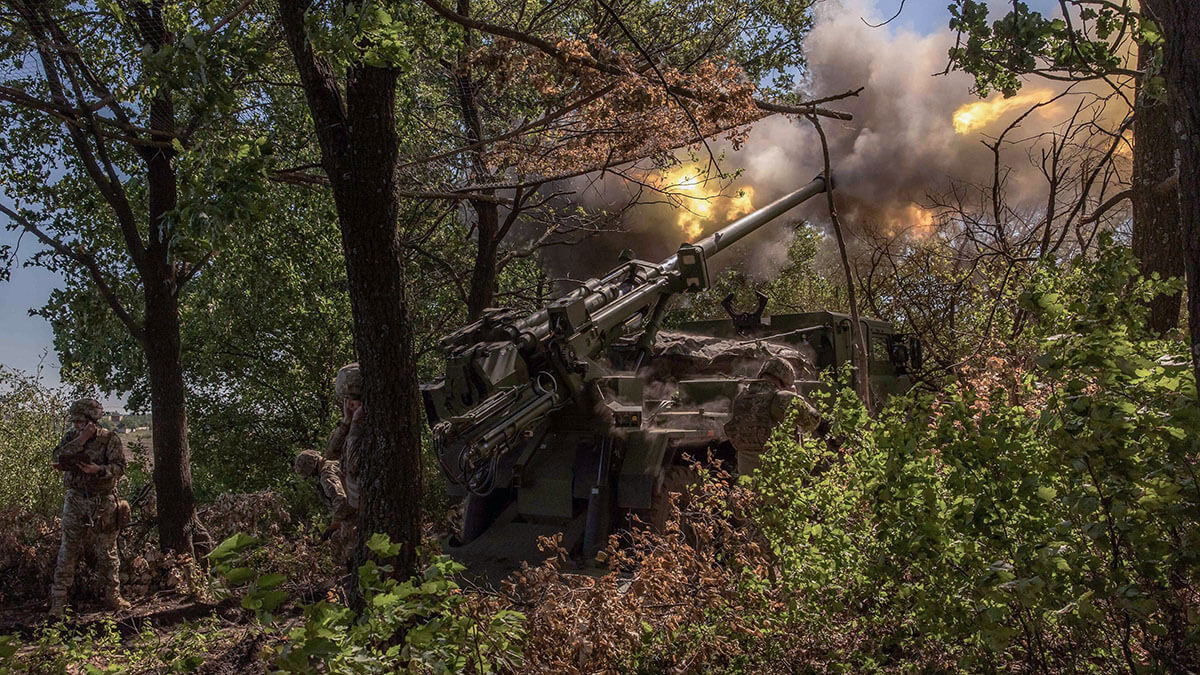
Ukraine, the "most urgent" issue at the NATO Summit
In addition to the situation in Ukraine and the new military assistance package, Austin and Umerov also discussed the upcoming NATO summit in Washington next week. Austin said that during the summit, steps would be taken "to build a bridge to NATO membership for Ukraine".
One of the three main themes of the summit will revolve around support for Ukraine's efforts to defend itself, the "most urgent" issue on the agenda, NATO Secretary General Jens Stoltenberg revealed. The alliance will also focus on boosting allied defence and deterrence and strengthening NATO's global partnerships, especially in the Indo-Pacific.
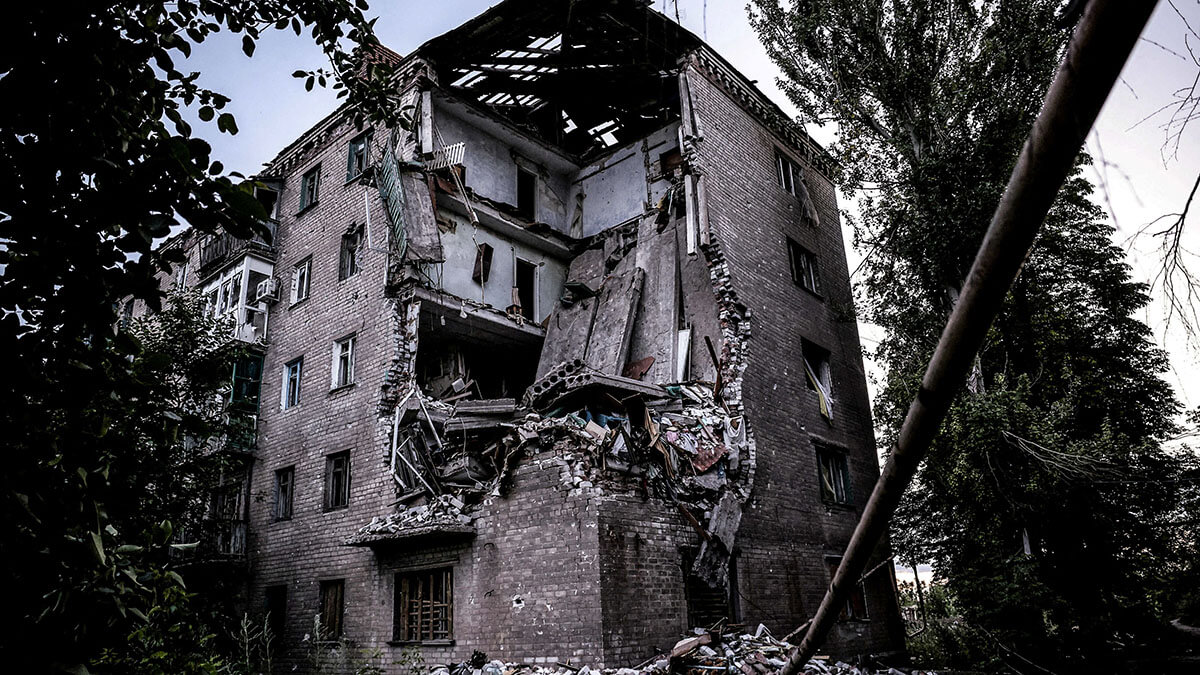
For the moment, Stoltenberg has already conveyed to Zelensky his desire for NATO to take the lead in coordinating and providing security assistance and training for Ukraine during a recent meeting. "I think we're really on track for a very good summit for Ukraine and for NATO," the secretary general said.
The Ukrainian president, for his part, insists his partners lift restrictions on the use of Western weapons to attack military targets inside Russia, as long-range strikes as well as air defence "are the basis for stopping daily Russian terrorism". "Clear decisions are needed to help protect our people," he added.
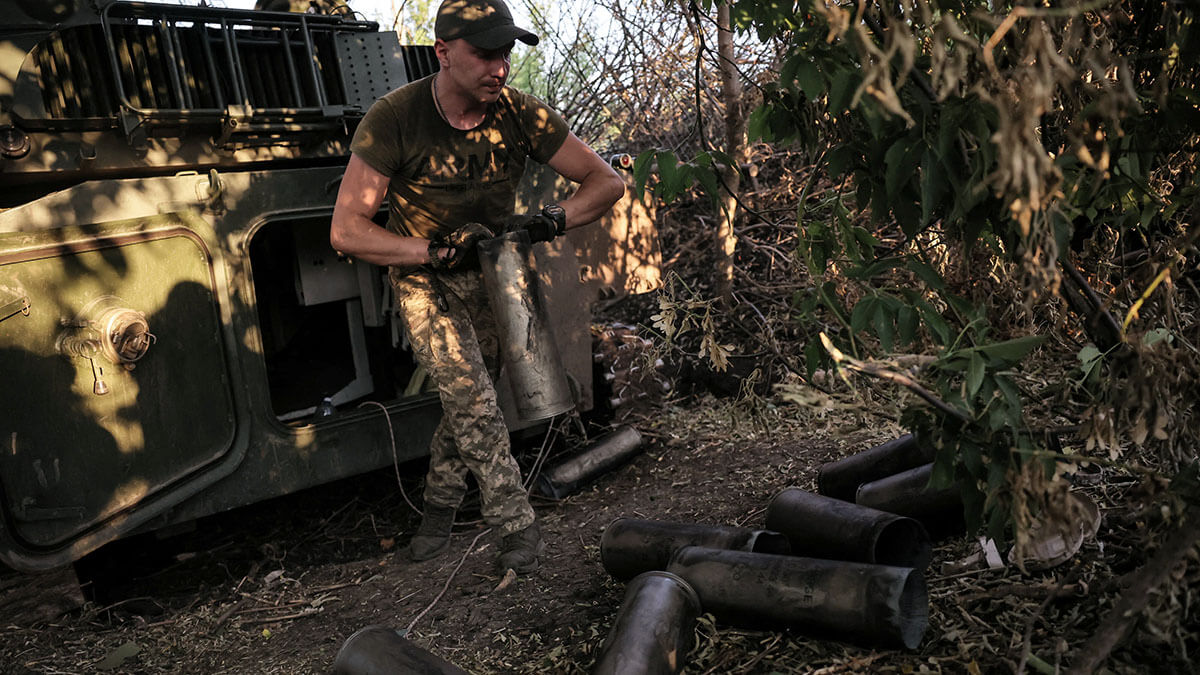
Washington and other NATO members have responded to Zelensky's requests, allowing Kiev to use Western weapons in limited attacks inside Russia. Even French President Emmanuel Macron and the leaders of the Baltic nations have raised the possibility of deploying troops to Ukraine.
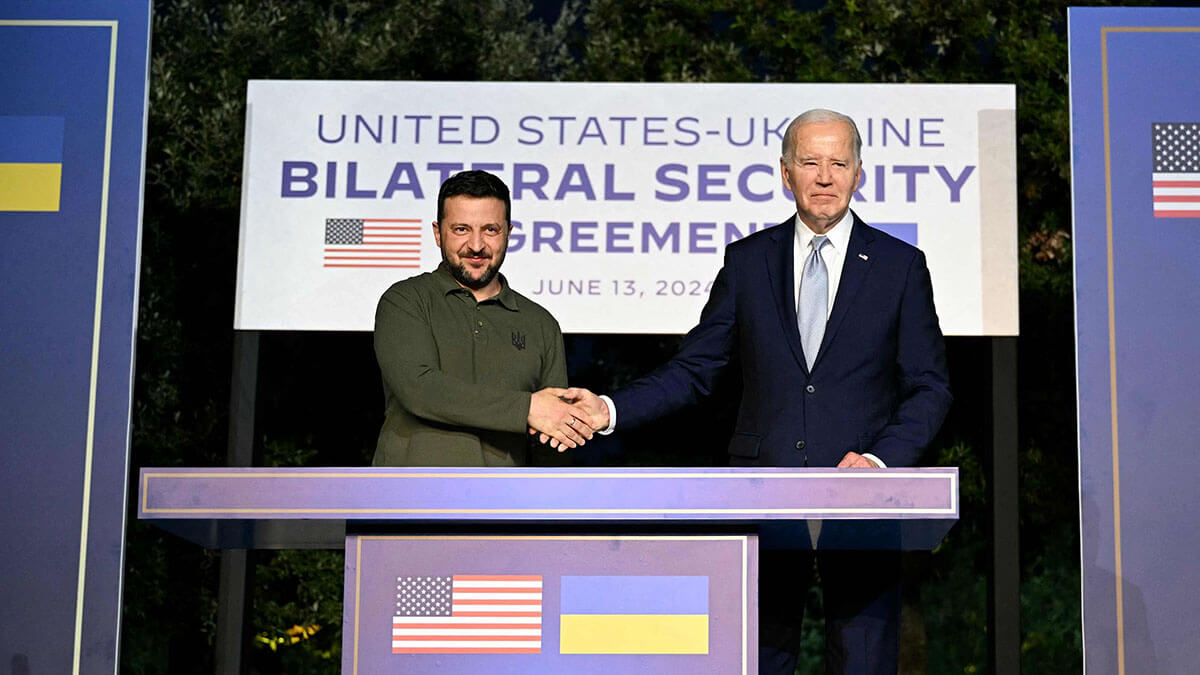
In response, Russian President Vladimir Putin has threatened to retaliate by providing weapons to Western adversaries - such as North Korea - in other parts of the world. The Russian leader has also warned of an escalation of the conflict, reaffirming that he would use 'all means' if Russia's sovereignty and territorial integrity were threatened, alluding to its nuclear weapons.








